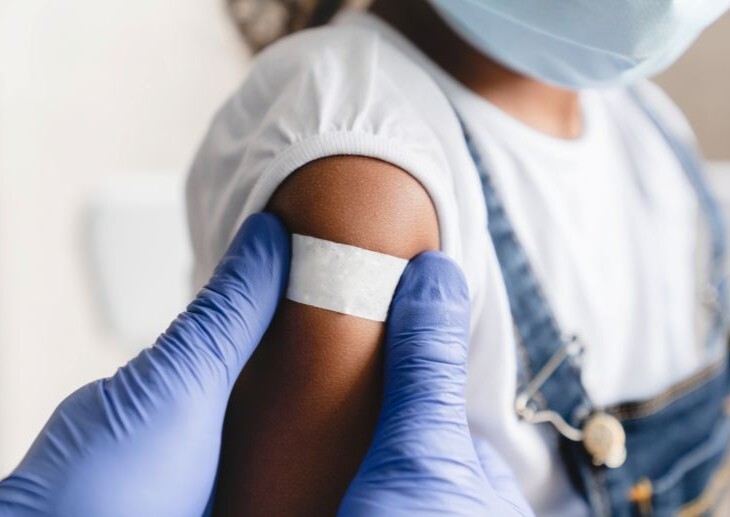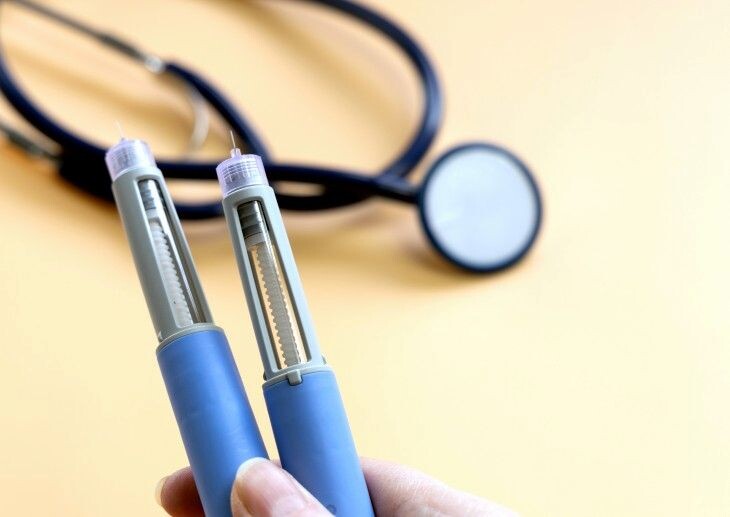The Government has cut the public health grant by 24% in real terms per capita since 2015/16, equivalent to a reduction of £1bn, new analysis has suggested.
Published today by the Health Foundation (5 October), the charity has estimated that restoring the public health grant, which primarily funds sexual health, drug and alcohol services, would require an additional £1.4bn a year by 2024/25.
The impact of this cut has been far more heavily felt by those living in more deprived areas, which the Foundation claims threatens to ‘undermine the levelling up agenda’ – an initiative aiming to address regional disparities – and further widen ‘already stark health inequalities’ compounded by the pandemic.
They highlighted that in Blackpool – the most deprived local authority in the country – the cut per capita to the grant sits at £43 per person each year.
Jo Bibby, director of health at the Health Foundation, said: ‘The Health and Social Care Secretary has promised to finally address this injustice and has rightly acknowledged that levelling up health is fundamental to levelling up economically – a healthy and productive population will be essential to the country’s future prosperity.
‘But ongoing cuts to the public health grant run counter to this agenda and will ultimately serve to further entrench health inequality.’
She added that the October spending review is an opportunity for the Government to end the ‘short-sightedness of underinvesting in services’ which keep people healthy and prevent them from becoming ill in the first place.
The pandemic has consistently highlighted worsening health disparities associated with deprivation, with research revealing the existence of a GP deficit based on deprivation level, while adults in the most deprived areas are more than three times as likely to report Covid vaccine hesitancy.
Cuts don’t reflect demand for services
The Foundation warned that even before the pandemic demand for the services the public health grant funds remained consistent, and it said there had been a clear indication demand has increased during the pandemic.
The new analysis highlighted that smoking services and tobacco control saw the greatest real term cuts, with a fall in funding of 33%.
Similarly, real term reductions were found for drug and alcohol services (17%), sexual health services (14%), drug, and alcohol services for young people (11%), and children’s services (5%).
Spending did rise by 9% for obesity services for children, however it is the ‘one area’ which saw such an increase.
The report said: ‘Local authority public health interventions funded by the grant provide excellent value for money, with each additional year of good health achieved in the population by public health interventions costing £3,800.
‘This is three to four times lower than the cost resulting from NHS interventions of £13,500. Interventions can also help reduce health inequalities.’
Government must end ‘cut, cut and cut again’ approach to services
It comes as the Association of Directors of Public Health (ADPH) today published an open letter – based on the analysis and supported 50 leading charities and representative bodies – calling on the Government to commit to improving public health in the spending review.
Jim McManus, its interim president, said: ‘Over recent years the public health grant has been cut, cut and cut again undermining the leadership and services that are essential to improving health and reducing inequalities.’
He added that the grant ‘does not just fund services’ but also ‘funds the workforce, capacity, expertise and knowledge’ which improve public health.
‘Investing in local public health is critical to levelling up, preparing for the future threats and building a more prevention-focussed health and care system. The costs of not doing so are clear – health and wellbeing will worsen further, health inequalities will grow and too much potential in our society and economy will remain untapped.’






